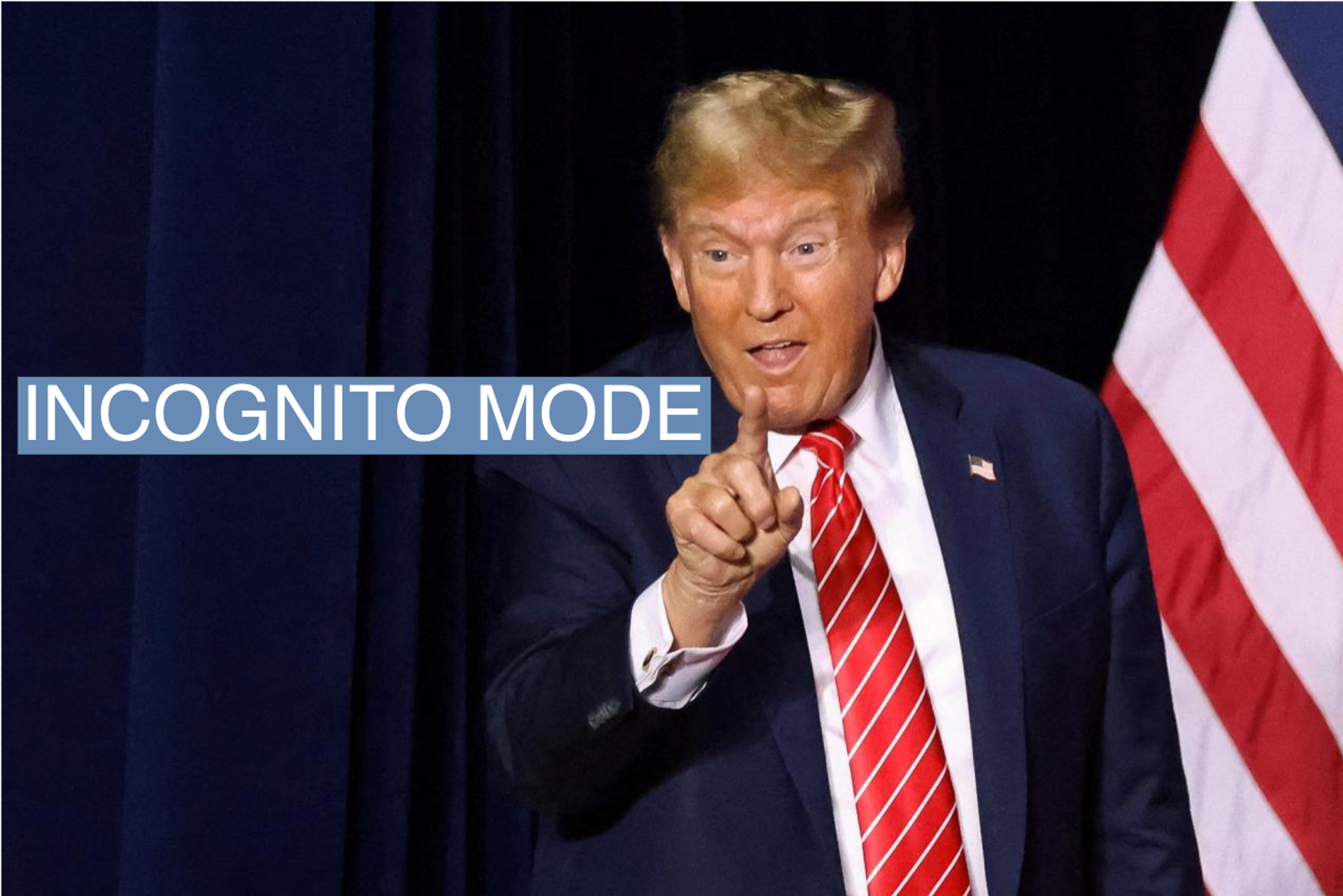The News
Former President Donald Trump authorized a covert Central Intelligence Agency (CIA) influence operation on Chinese social media in an attempt to turn public opinion against Beijing, Reuters reported Thursday.
Few details about the 2019 operation are known, including what platforms were used or whether the operation has continued under the Biden administration, but the CIA operation attempted to frame senior Chinese Communist Party Members as corrupt and Beijing’s Belt and Road Initiative as wasteful, Reuters reported. CIA operatives also reportedly posted similar messaging in countries where Beijing and Washington are competing for influence.
SIGNALS
CIA has lost footing in China
Beijing’s paranoia has fueled an unprecedented crackdown on foreign espionage, so the CIA has “no real insight into leadership plans and intentions in China at all,” a former senior intelligence official told the Wall Street Journal last year. The CIA’s attempts to penetrate the higher levels of the Chinese Communist Party suffered a “catastrophic setback” when Xi Jinping’s corruption purge destroyed its network of paid agents and cemented the Chinese leader’s aggressive “emphasis on security and loyalty,” the Journal wrote.
The success of Washington’s ongoing online surveillance operations in China is difficult to determine because Beijing’s “pervasive” censorship and media control means it does not report on suspected foreign intelligence operations, Strategy Risk’s CEO Isaac Stone Fish told Semafor. The lack of public reporting means the larger public is likely unaware of which arms of the Chinese government are working together to counter Washington’s influence, he said.
The use of Chinese citizens in surveillance complicates foreign influence operations
Beyond online censors, secret police, and thousands of CCTV cameras, Beijing’s main assets in its extensive surveillance are the Chinese people themselves, The Economist’s Drum Tower podcast argued. China doesn’t need a KGB-like force because its own “version of a surveillance state is right there: hiding in plain sight,” said host David Rennie. Chinese citizens are trained to monitor and report any suspicious activity, including dating a foreigner or interacting with controversial online content. They can be rewarded for providing intelligence to authorities, or punished for refusing to be informants, complicating any foreign influence operations in China, the podcast said.
Washington can’t win over Global South only through anti-China messaging
U.S. efforts to “implant” anti-China messaging in regions where both Beijing and Washington are competing for influence, especially in the Global South, could backfire if China calls out American hypocrisy in “intervening in the internal affairs” of countries when it benefits them, one CIA analyst told Reuters.
Western powers shouldn’t rely only on acknowledging this hypocrisy in trying to win over the Global South, political scientist Daniel Drezner wrote for the Chatham House think tank. As U.S. adversaries like Russia and China invest in the Global South, the West should “re-embrace globalization” and “stop acting like they are afraid of goods, services and migrants crossing their borders,” he argued.

